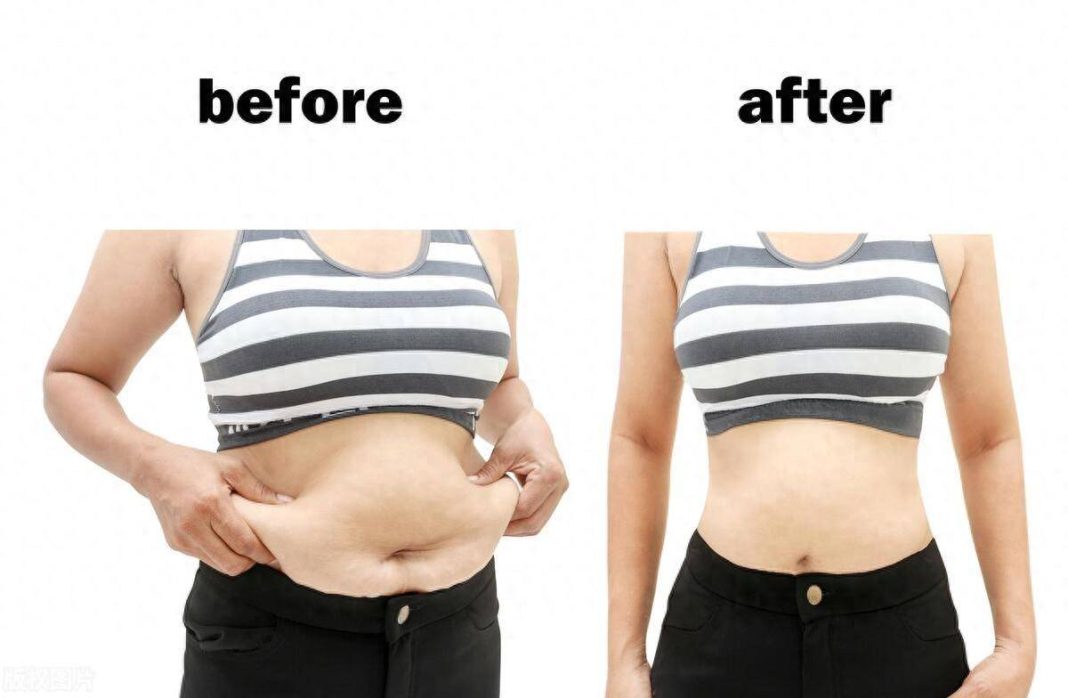After losing 20 pounds, I learned some cold knowledge about weight loss:
1. Weight loss does not necessarily mean effective weight loss. Drinking more water can increase your weight. When you excrete waste from your body, your weight will drop, but this is not related to body size. The key to weight loss is to reduce fat. Only by reducing excess fat in the body can one truly become thinner.
2. Don’t be afraid of eating staple foods while losing weight. Staple foods can provide carbohydrates, which the body needs for metabolism. Foods like potatoes and yams are rich in starch, which takes longer to digest and keeps you full for longer. They can be used to replace refined staple foods and help suppress fat accumulation, aiding in weight loss.
3. At the beginning of weight loss, there is a larger calorie deficit, leading to rapid weight loss. However, as the body adapts to the weight loss regimen, the speed of weight loss will slow down.
To maintain fat-burning efficiency, it’s important to regularly optimize your weight loss plan, such as increasing exercise intensity, learning about healthy eating habits, rather than adopting extreme low-calorie intake or single-type exercises.
4. Going to bed hungry is a basic respect for weight loss. Have an early, light dinner, stay away from late-night snacks, and sleeping on an empty stomach at night can help your body burn more fat, resulting in noticeable weight loss the next day.
5. The “San Fu Tian” period (7.15-8.23) is a prime time for weight loss. During this period, the weather is hotter, leading to more sweating as the body tries to cool down. Metabolism levels are faster, and fat breakdown occurs more quickly than in other periods.
6. The end goal of weight loss is to make it a part of your lifestyle. Avoid extreme dieting, as it’s not sustainable and can harm your health (hair loss, anemia, anorexia, etc.), and may lead to becoming more prone to weight gain. Once you resume normal eating habits, your body will quickly bounce back.
Adopting a lifestyle approach to weight loss means cutting out high-fat, high-salt, high-calorie processed foods, switching to low-fat, low-salt, lightly processed foods. By controlling calorie intake through healthy eating, you reduce the burden on the body, increase the calorie deficit, and achieve sustainable weight loss, less prone to rebound.
7. While diet management can lead to weight loss, exercise remains crucial. Exercise helps boost active metabolism, burn excess fat, strengthen the body, and sculpt firm muscles, making the body look healthier and more toned.
It is recommended to exercise at least 3 times a week, starting with activities you enjoy, such as jogging, dumbbell training, skipping, cycling, swimming, playing sports, for at least 30 minutes each time.


